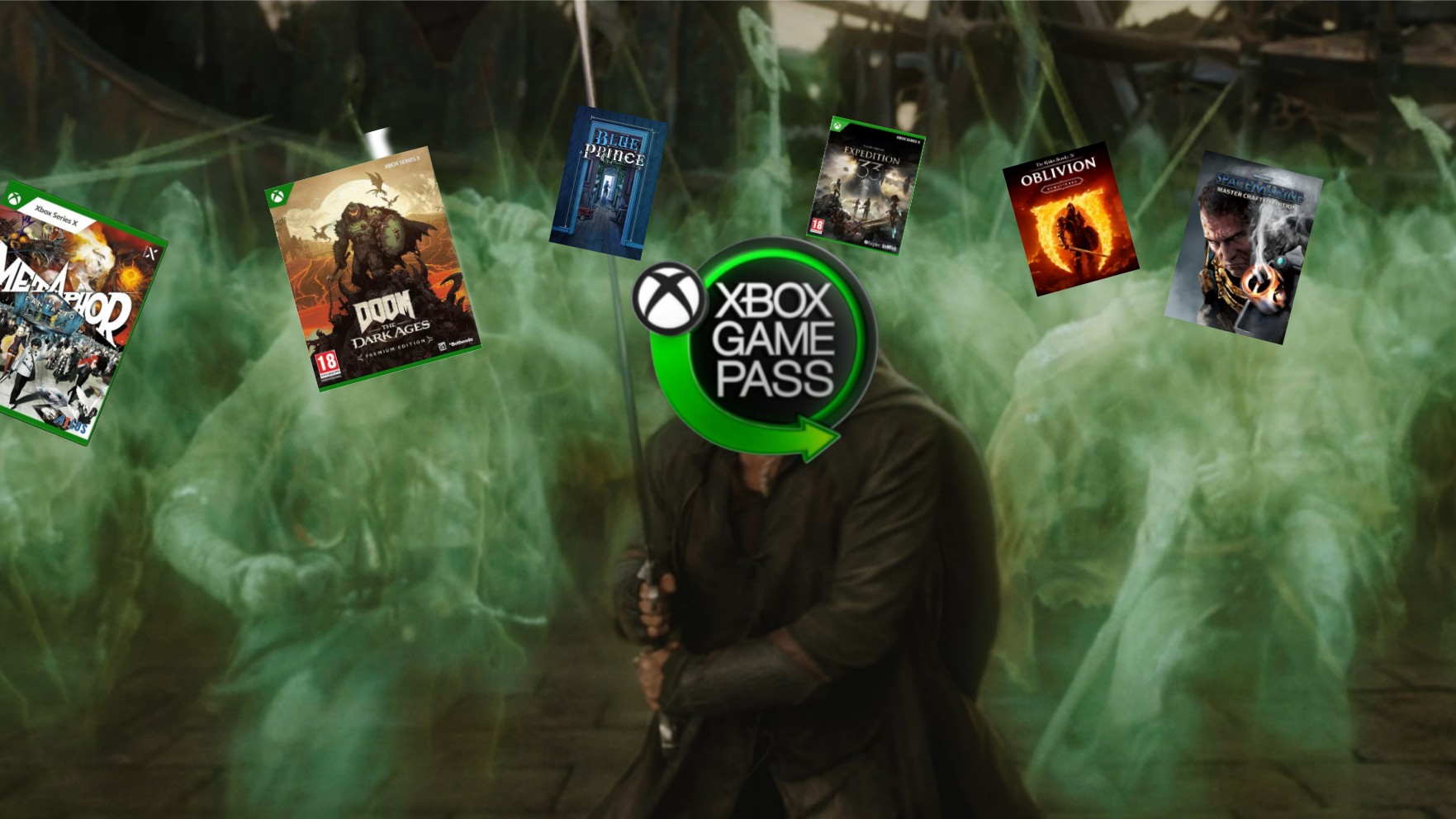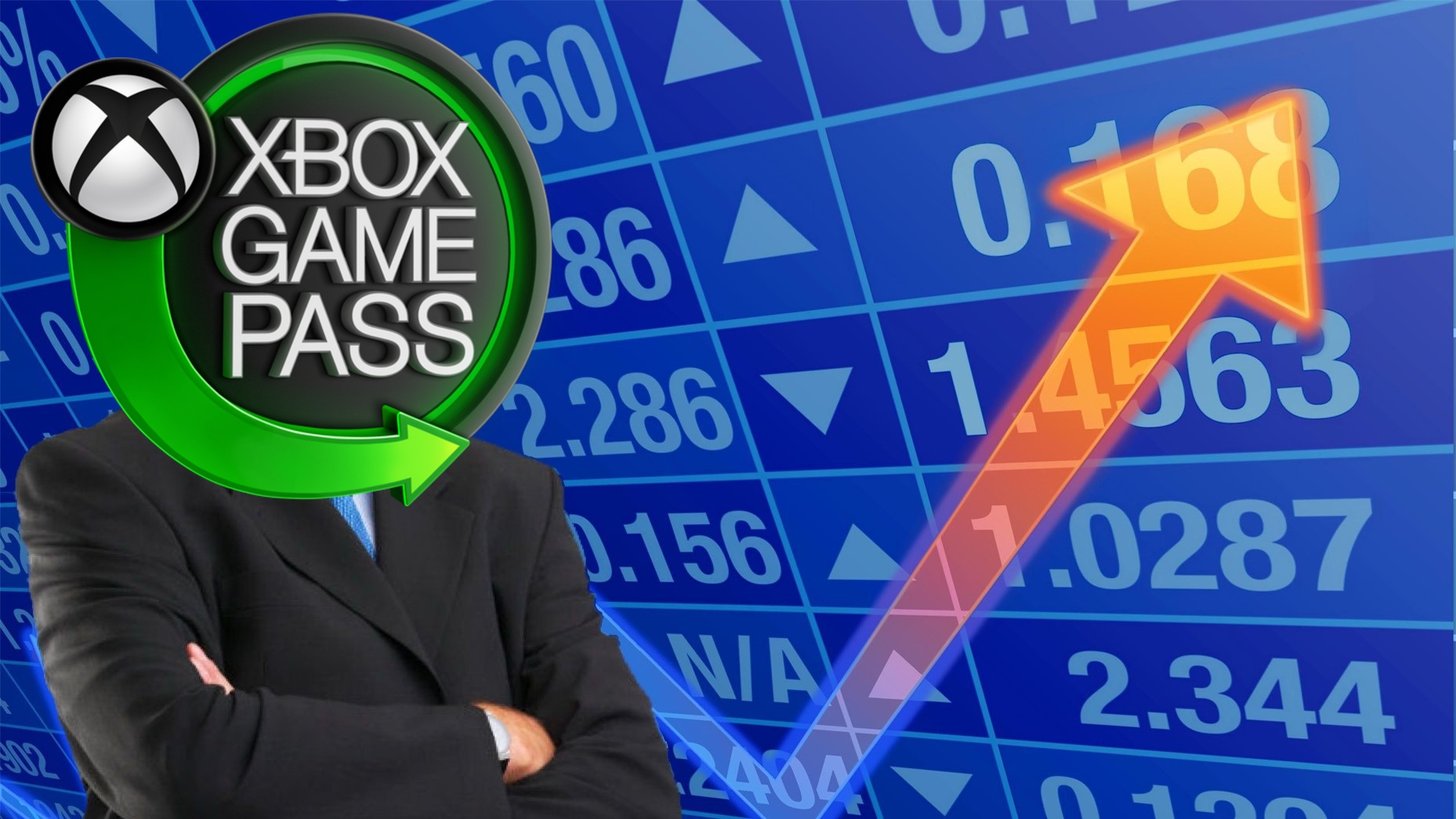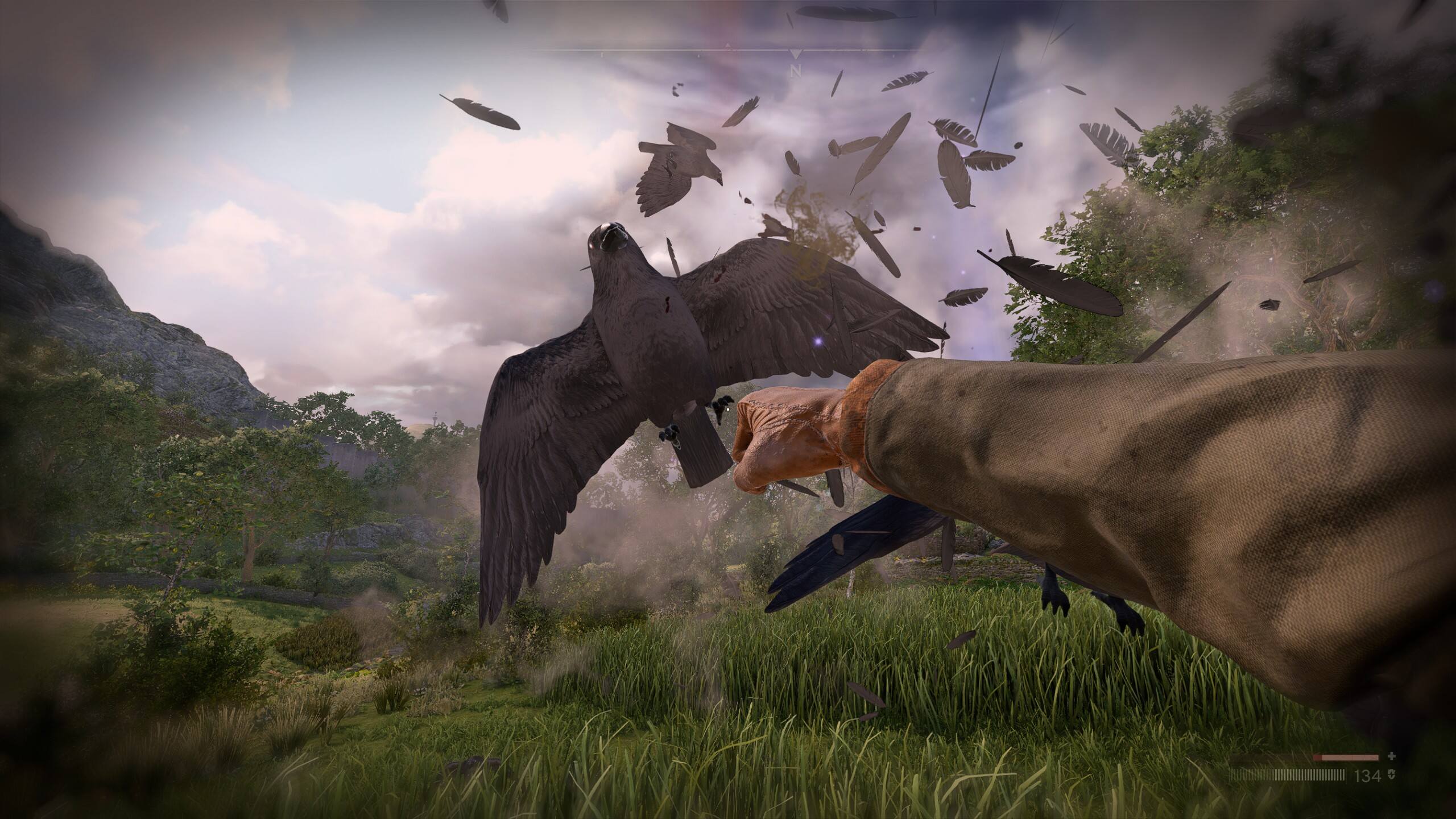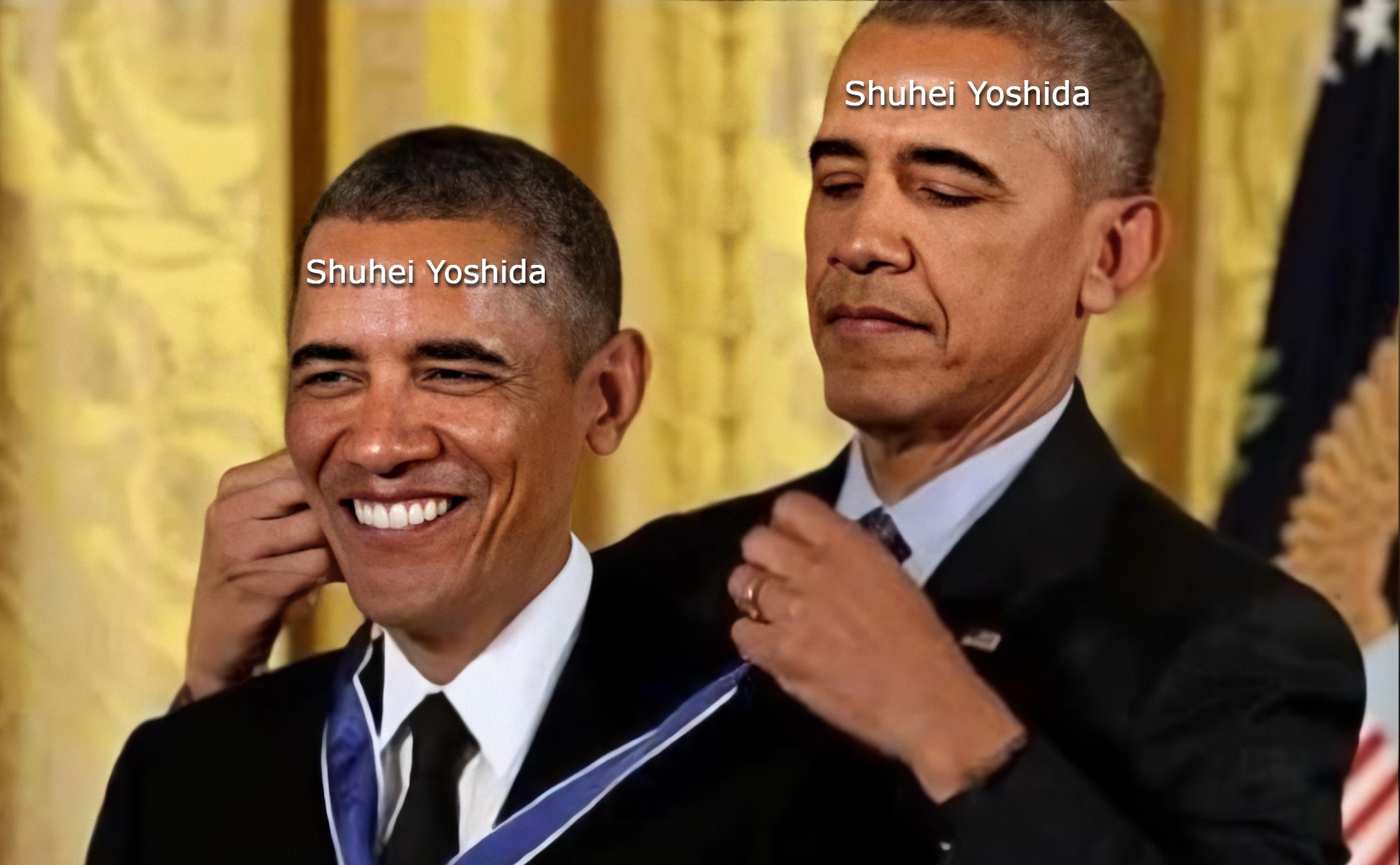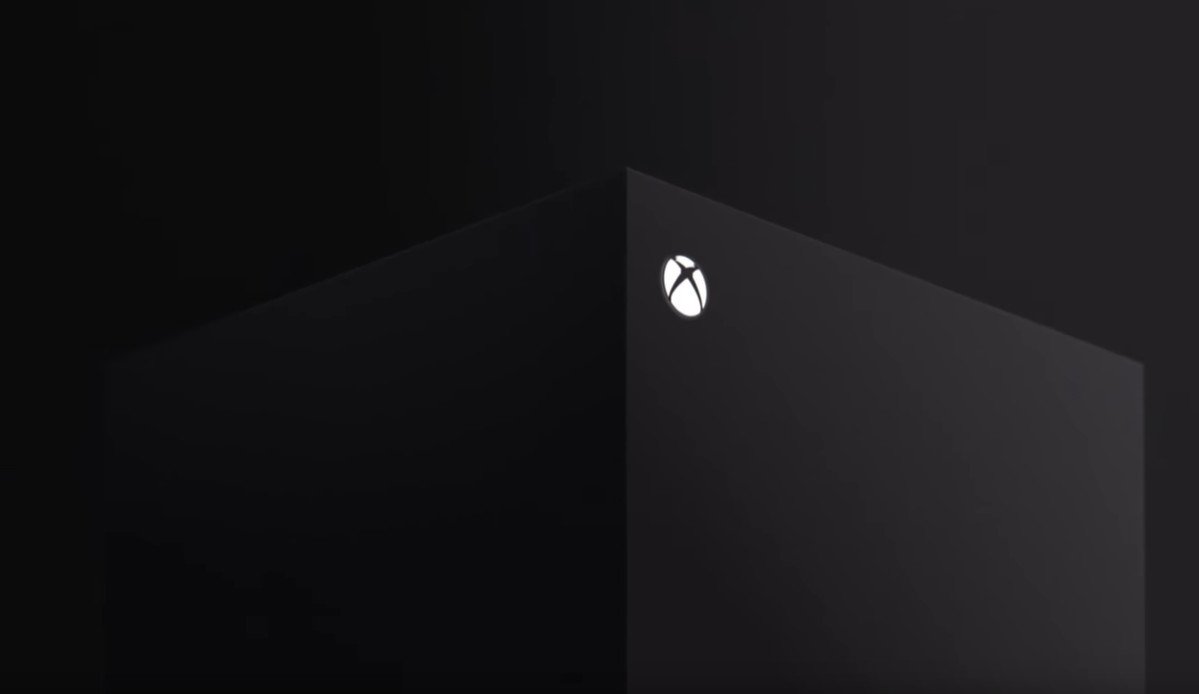Former head of PlayStation says Microsoft's Xbox Game Pass is "dangerous" because "big companies dictate what games can be created," and he could not be more wrong
Shuei Yoshida of Sony Interactive Entertainment (SIE) says that subscription gaming won't advance the industry, but there's a significant flaw in his reasoning.
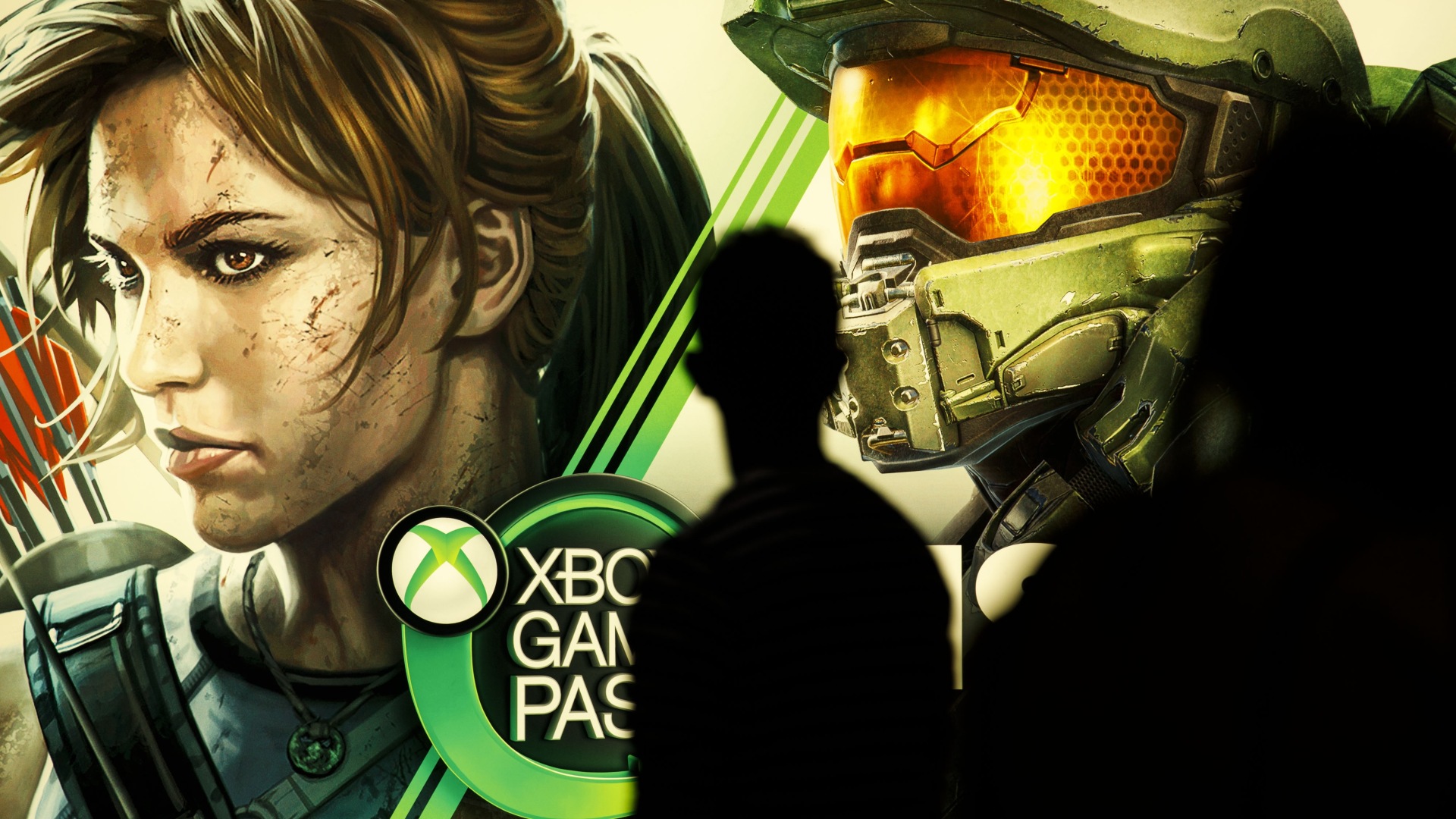
All the latest news, reviews, and guides for Windows and Xbox diehards.
You are now subscribed
Your newsletter sign-up was successful
In an interview with GameDeveloper, the former head of PlayStation, Shuei Yoshida, had plenty to say about the climate of gaming subscriptions. Pointed readily at Game Pass, he took aim at the potential wall a gaming subscription can create for third-party creators.
"If the only way for people to play games is through subscriptions, that's really dangerous because what type of games can be created will be dictated by the owner of the subscription services," Yoshida said.
Continuing, he said, "That's really, really risky because there must always be fresh new ideas tried by small developers that create the next wave of development. But if the big companies dictate what games can be created, I don't think that will advance the industry."
While it's entirely valid to have concerns about anything in an industry currently plagued by layoffs and cancellations, from Sony, Microsoft, and lately EA, the argument for these services has been repeatedly showcased. Especially when it comes to ideas tried by small developers.
Off the top of my head (Because I'm too lazy to bring up lists), there are:
- Released games:
- Lies of P
- Clair Obscur: Expedition 33
- Atomfall
- Atomic Heart
- Blue Prince
- Tunic
- Upcoming games:
- The Alters
- WuChang: Fallen Feathers
- Moonlighter 2: The Endless Vault
- Dead Static Drive
- Lost in Random: The Eternal Die
These aren't your standard games in the industry. If anything, they're either entirely new ideas or callbacks to old, forgotten classics.
These are anything but normal games.
Side note: All these games are available for purchase, debunking the very notion that subscriptions are the only way to play. Subscriptions are simply an option, giving gamers the freedom to choose how and where they want to experience their games. For instance, Clair Obscur: Expedition 33 continues to sell millions of copies, while DOOM attracts millions of players but sees fewer direct sales.
All the latest news, reviews, and guides for Windows and Xbox diehards.
Even within Microsoft's first-party studios and publishing, they greenlight projects that most publishers could never, such as Grounded, Pentiment, South of Midnight, and more—giving new life to tried-and-true franchises while allowing them to explore unique gameplay aspects, like DOOM: The Dark Ages and its melee focus. To make such a statement with so many counter-arguments available seems silly.
Microsoft has continued to celebrate other games from smaller creators by bringing them into the Game Pass fold. Games that, before, were already standing on their own. These include but are not limited to Balatro, Buckshot Roulette, Vampire Survivors, Valheim, Brotato, and more.
Sure, one could argue that their popularity is what brought them to the service, but for every one of these titles on Game Pass, there is at least one that launched into the service and failed, or another that was saved by the service, such as Guardians of the Galaxy. Microsoft has not been afraid to add these types of games to the service, giving them at least some form of chance to succeed within Game Pass.
Don't believe me, listen to the actual developers
You have multiple developers who have praised Game Pass and its ability to reach a wide range of players.
Rebellion CEO Jason Kingsley said, "Microsoft has been a fantastic partner to work with; they've really leaned into helping us. They brought their skills and their scale to bear on our small project, and it's done really, really well for them, so they got a good deal, we got a good deal out of it as well."
The list of developers praising the service and who continue to use it has expanded significantly over the last few years, with notable names like John Romero, the director of Lies of P, and even Sega, which continues to release its games day one on Game Pass.
As I said earlier, I understand the concerns, but until we see actual or continued evidence that this type of service is creating this walled garden, it comes across as nothing but 'crying wolf.' In a world where games like divisive Schedule I, Tainted Grail: The Fall of Avalon, R.E.P.O., or Bodycam continue to hit audiences left and right with outside-the-box ideas or indie development, I have to laugh.
But I digress, for I am but a freelance journalist who can only quote so many success stories before being told he's wrong anyway.
Sony's version is healthier, says former Sony guy
I'm sorry, Yoshida, but your way of thinking is antiquated. He went on to praise Sony's method because why wouldn't he?
"I believe the way Sony approached [subscriptions] is healthier. You know, not to overpromise and to allow people to spend money to buy the new games. After a couple of years, there won't be many people willing to buy those games at that initial price, so they'll be added to the subscription service, and there'll be more people to try in time for the next game in the franchise to come out."
It might be healthier for the Sony ecosystem, but it's hard to argue the value of its service over that of Game Pass. While Sony charges $18 a month compared to Microsoft's Game Pass Ultimate at $20 a month, I'd much rather pay an extra $2 to see first-party titles in the service.
To make matters worse, Sony regularly removes first-party titles from PlayStation Premium, like the recently deleted Resistance: Fall of Man, Resistance 2, and Infamous: Second Son. All of these are much older games that haven't had a new series entry in years, countering Yoshida's claim entirely.
As a PlayStation Premium member myself, it's disheartening not to know which older first-party titles are available, as I see them being continuously removed. As a result, the value of the service deteriorates for me.

Michael has been gaming since he was five when his mother first bought a Super Nintendo from Blockbuster. Having written for a now-defunct website in the past, he's joined Windows Central as a contributor to spreading his 30+ years of love for gaming with everyone he can. His favorites include Red Dead Redemption, all the way to the controversial Dark Souls 2.
You must confirm your public display name before commenting
Please logout and then login again, you will then be prompted to enter your display name.
